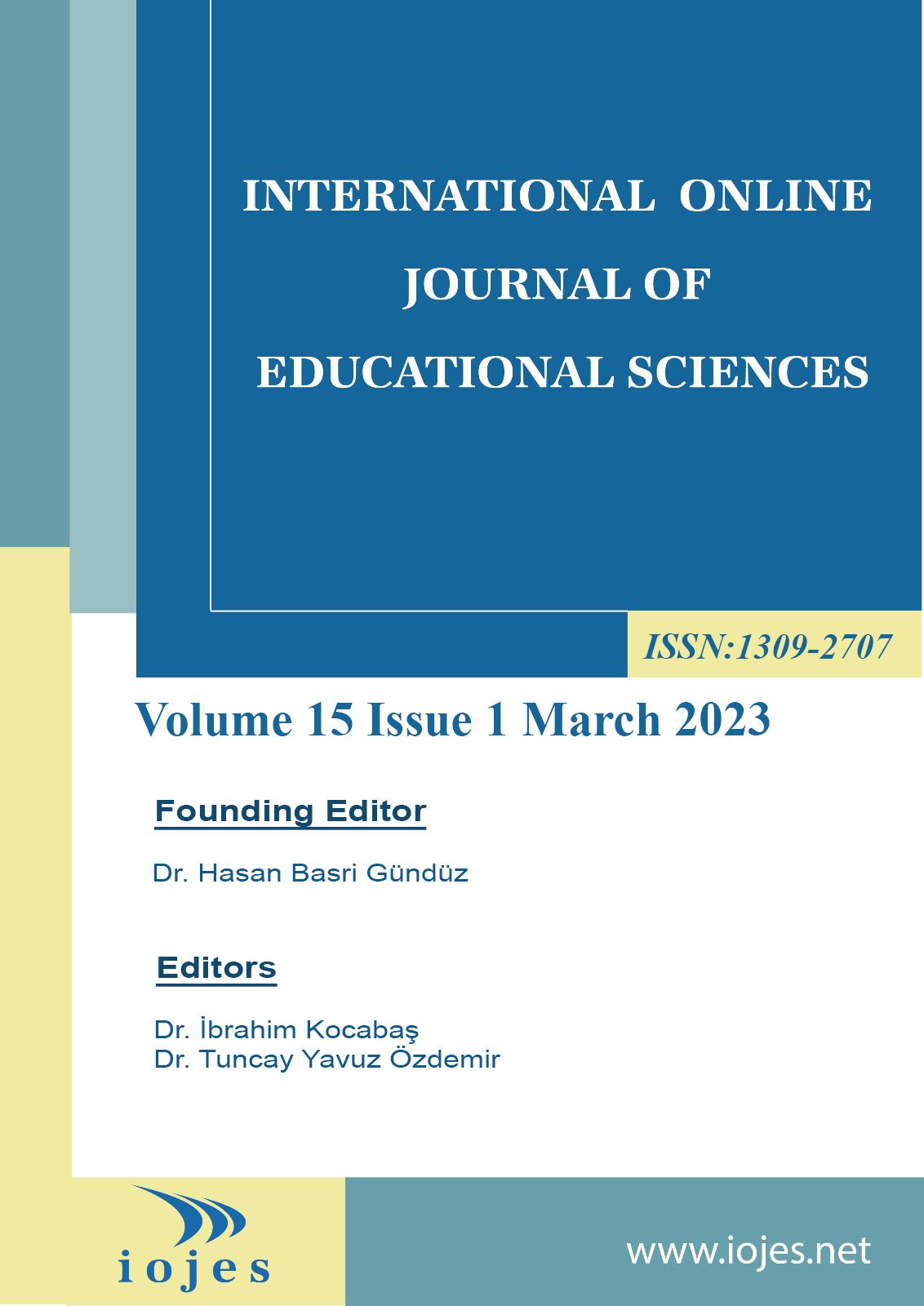Author :
Abstract
Keywords
Abstract
This research aims to synthesize studies that discuss metaverse-like 3-dimensional virtual and digital education ecosystems in the context of education. The research conducted by the meta-synthesis method synthesizes 27 research findings selected according to the relevant inclusion and exclusion criteria by reviewing literature using certain keywords. As a result of this synthesis, carried out in the systematic of various stages according to the relevant methodology, it is clear that the new generation internet technologies have changed the relationship between education and technology. With this stage, which digitally transforms the theoretical and practical dimensions of education, virtual and digital ecosystems have become an educational environment. This situation erodes the meaning and position of individuals, knowledge, and society, which are the pillars of formal education. This inevitable situation is a requirement of digital pedagogy, which is the educational paradigm of the 21st century. This is why there has been an increasing interest in this subject in recent years in related studies. As these studies show, although there are some risks, virtual education ecosystems like the metaverse facilitate access to learning and individualize it by freeing education from the constraints of time, place, and instructor. The synthesized studies emphasize that educational ecosystems such as metaverse, which enrich the educational content extraordinarily, support cognitive and affective development, especially in language and science teaching, and provide advantages in terms of group work, motivation, and self-efficacy by bringing together play and learning. Finally, the research shows that metaverse-like virtual and digital ecosystems have the potential to provide significant expansions in terms of adaptation of the Turkish Education System to the Information Age.





